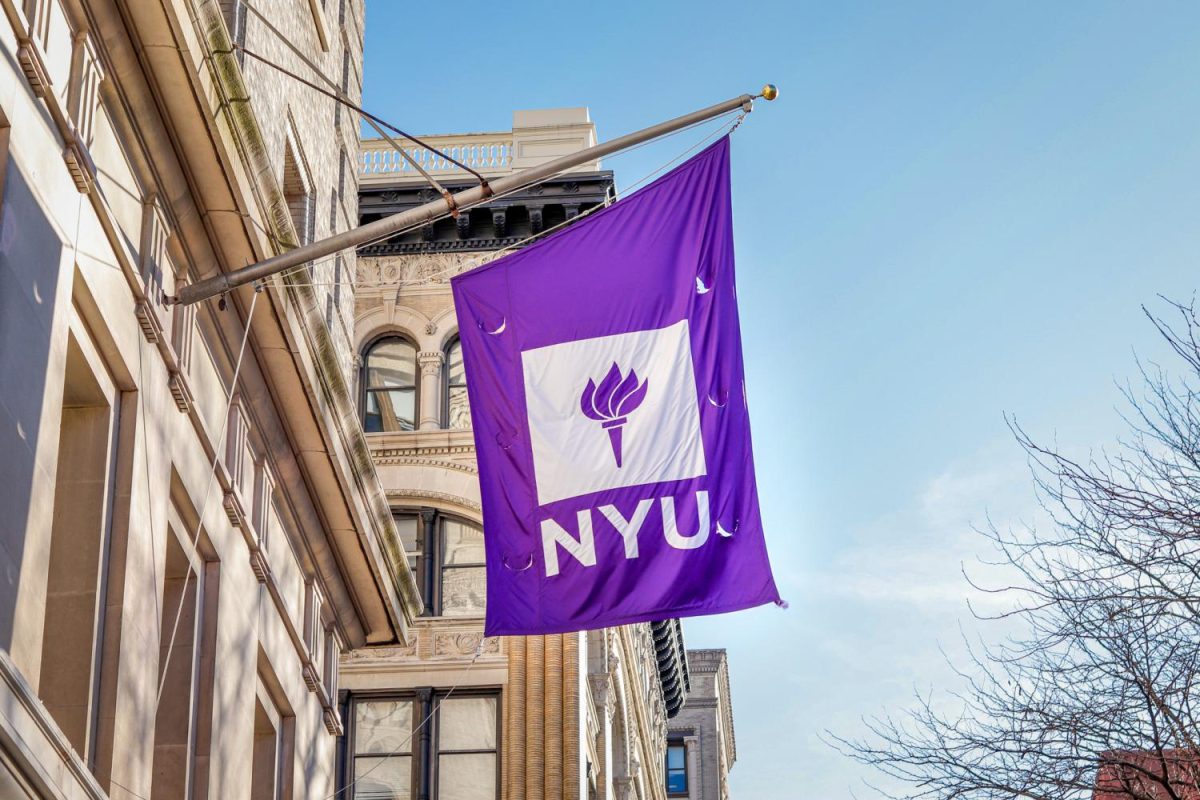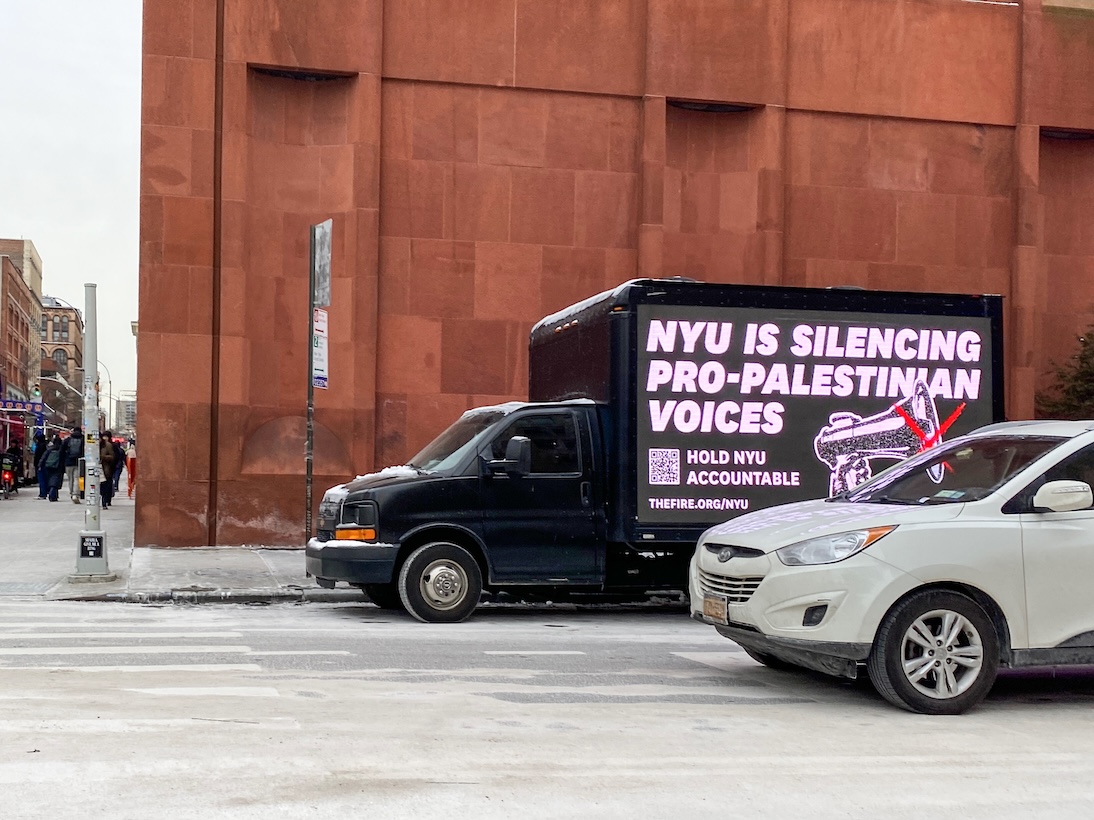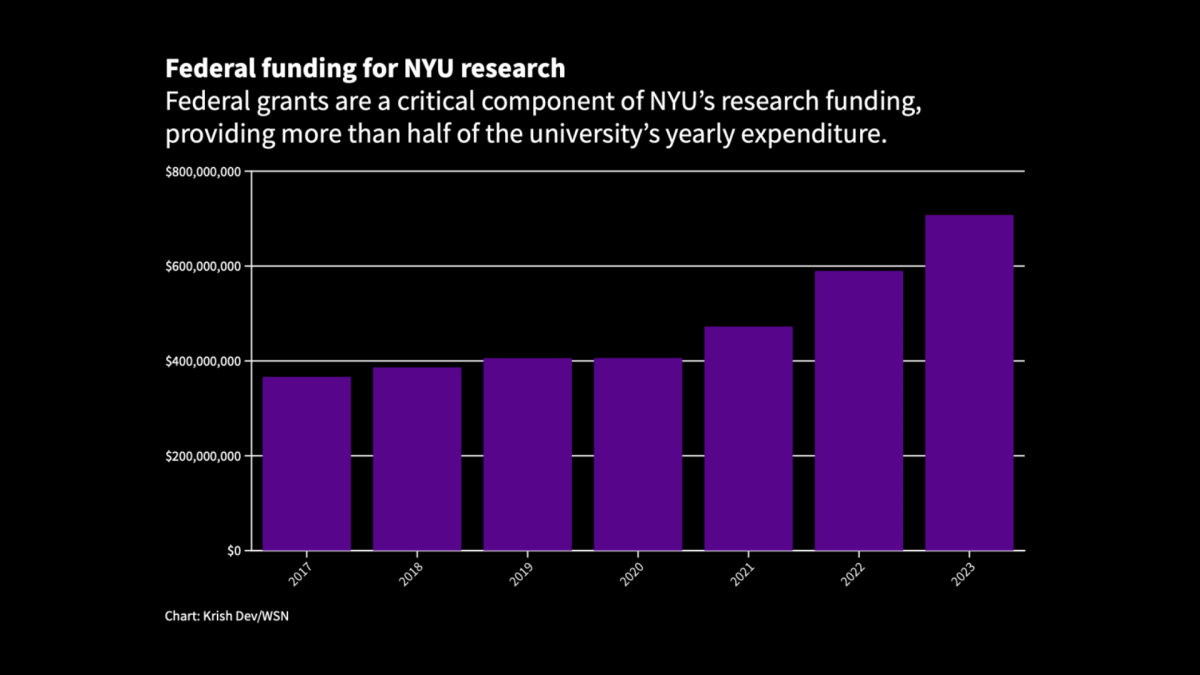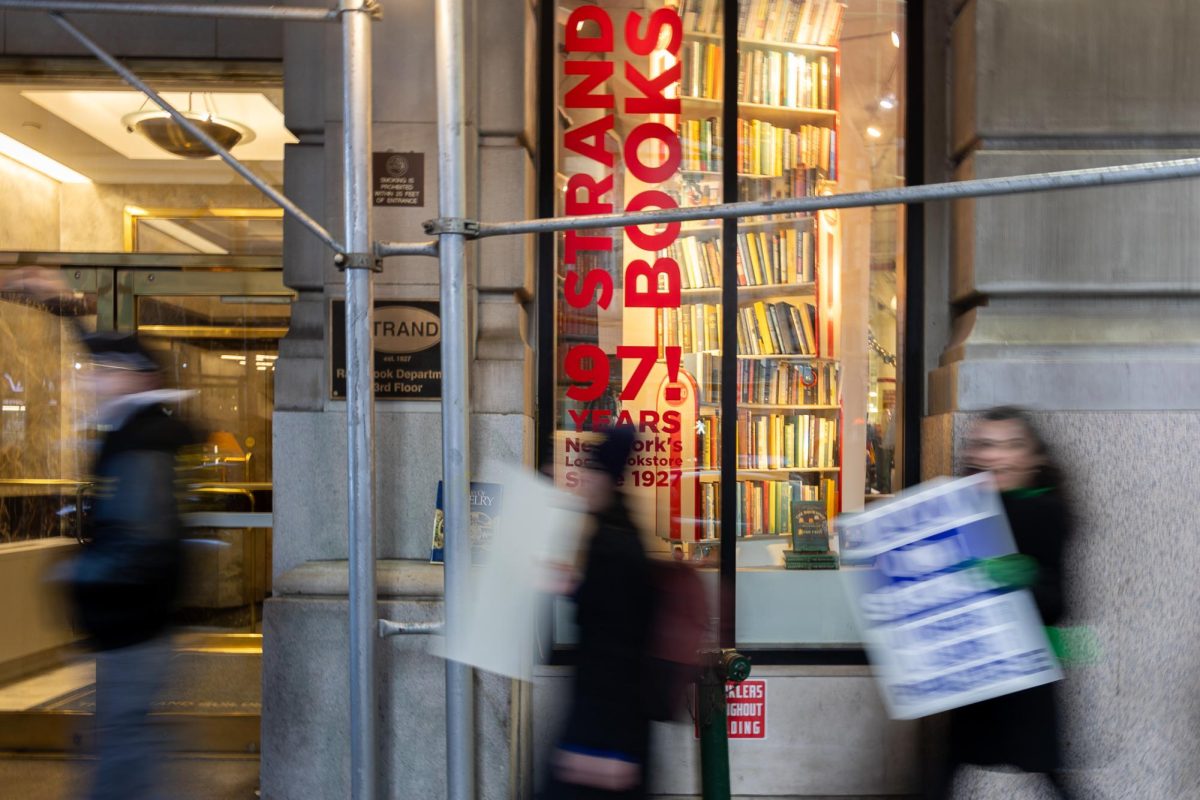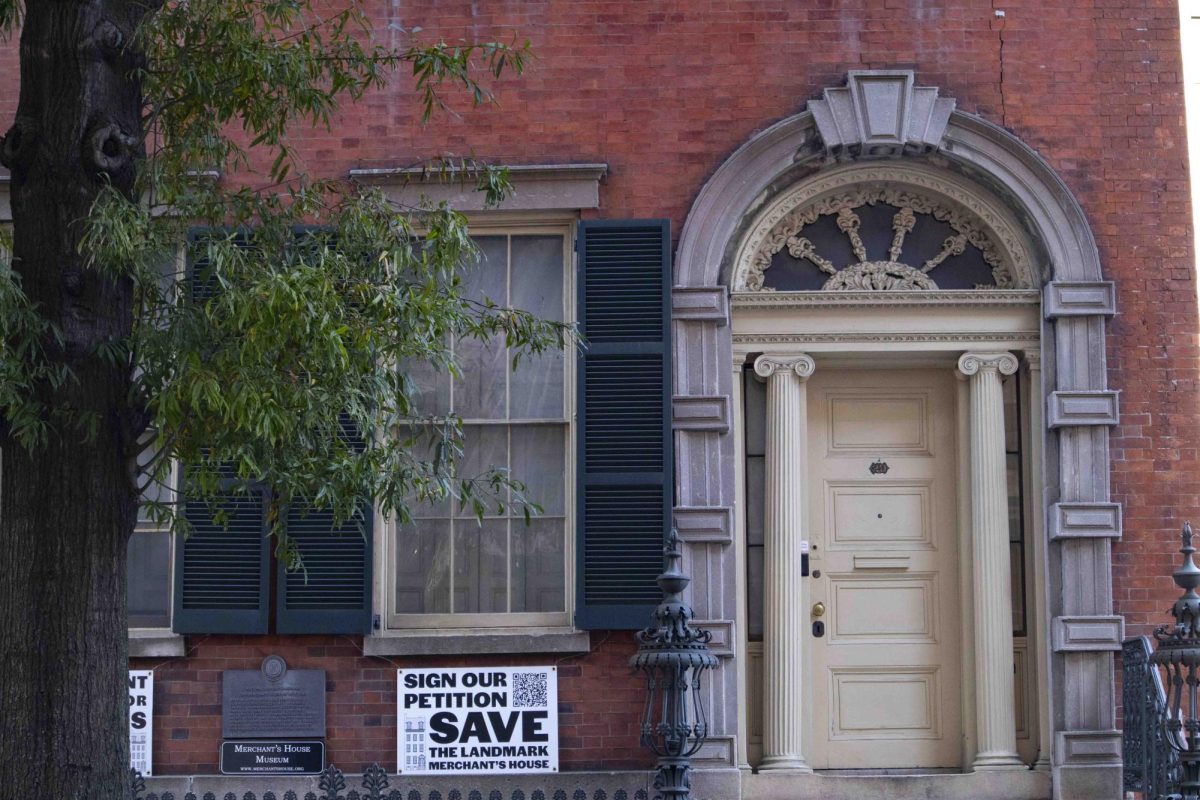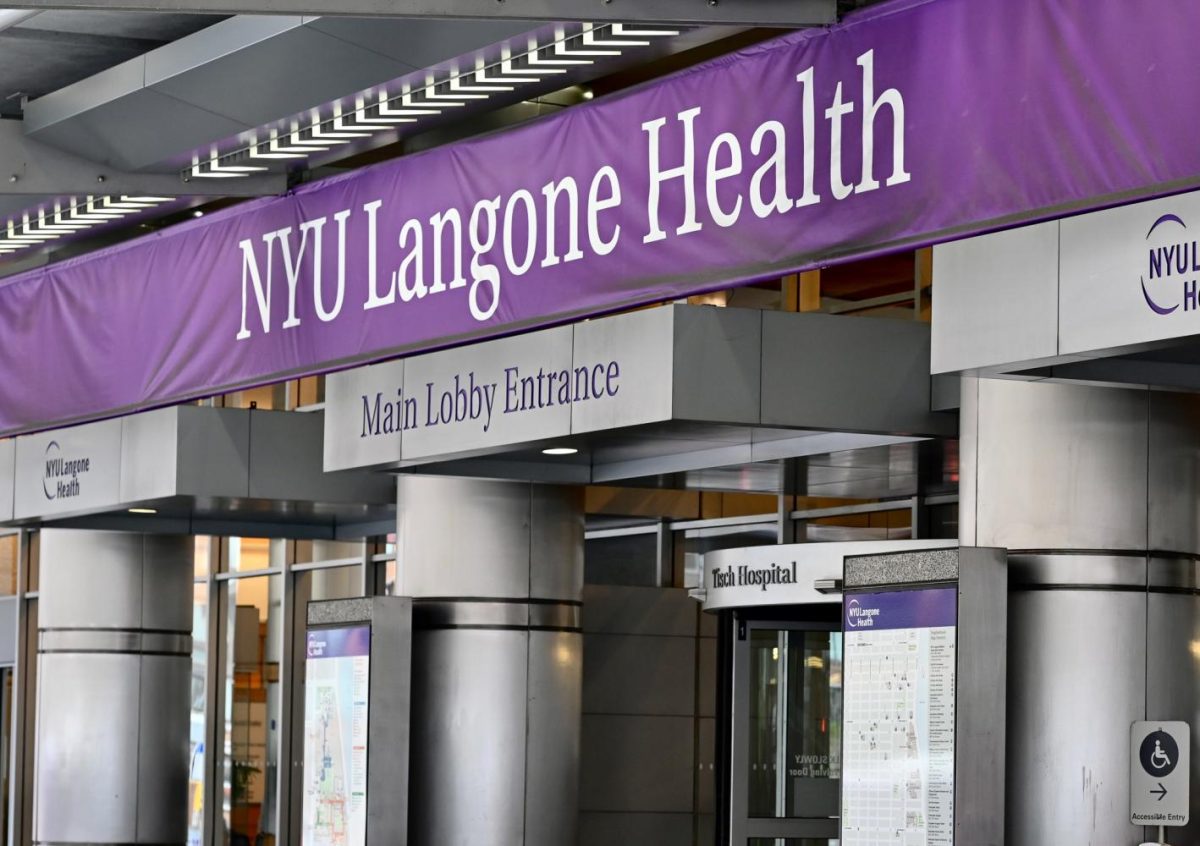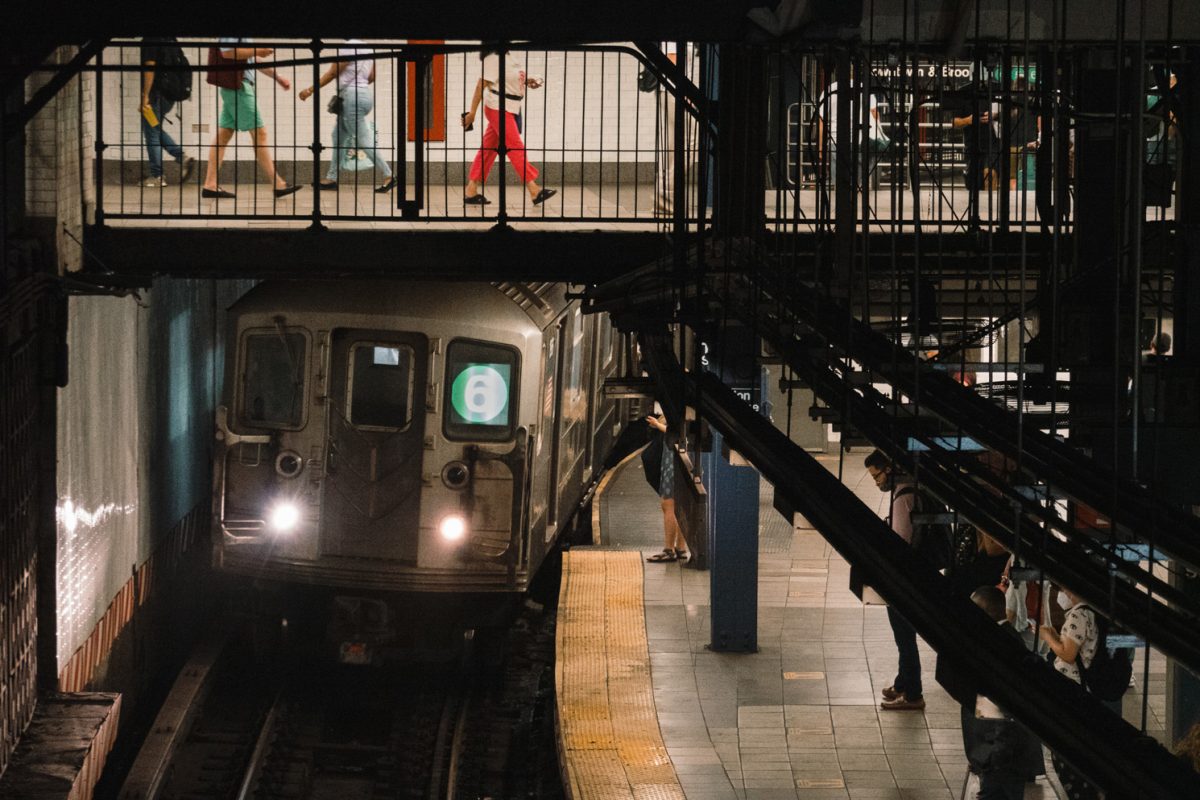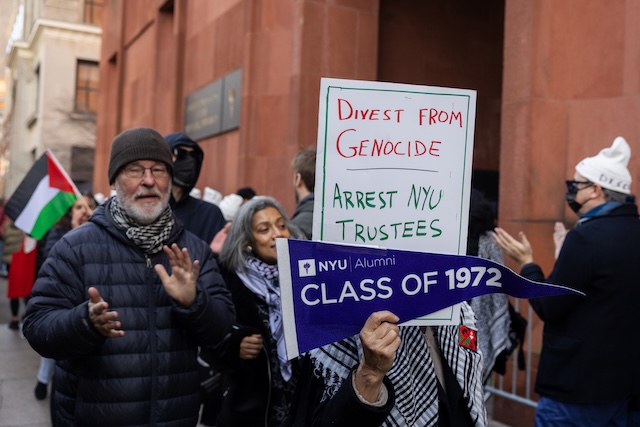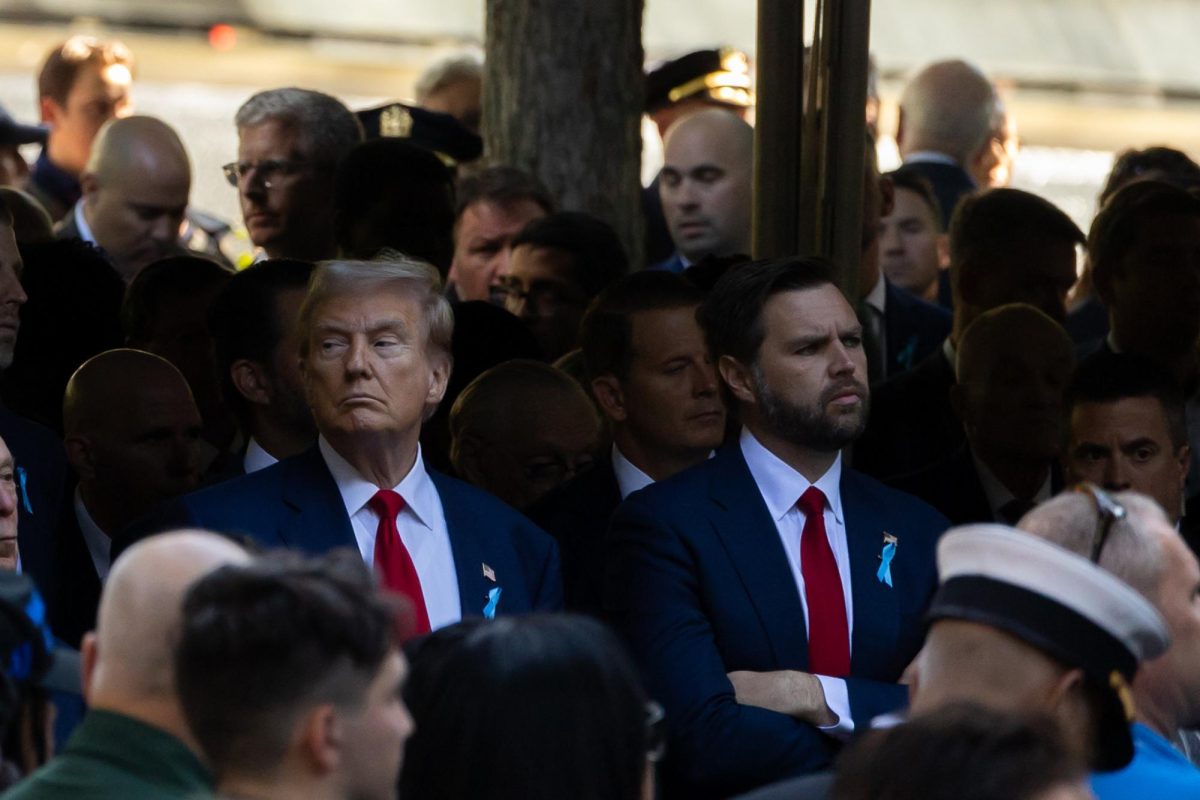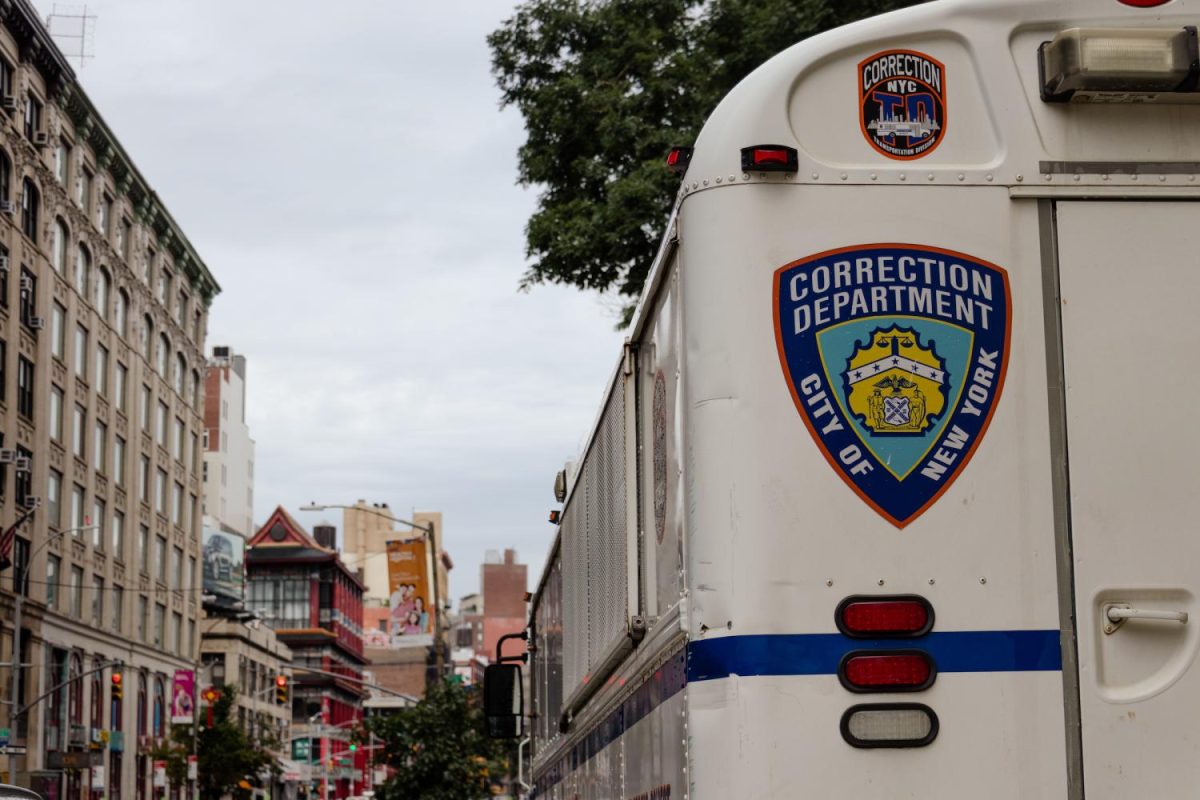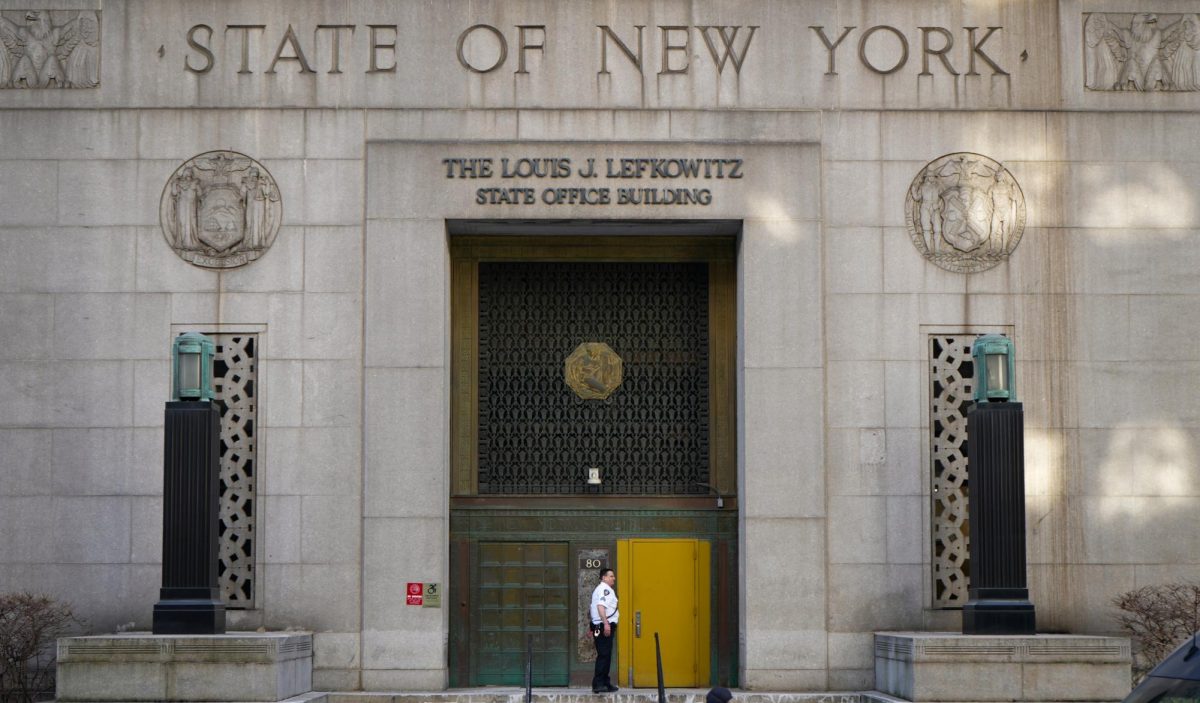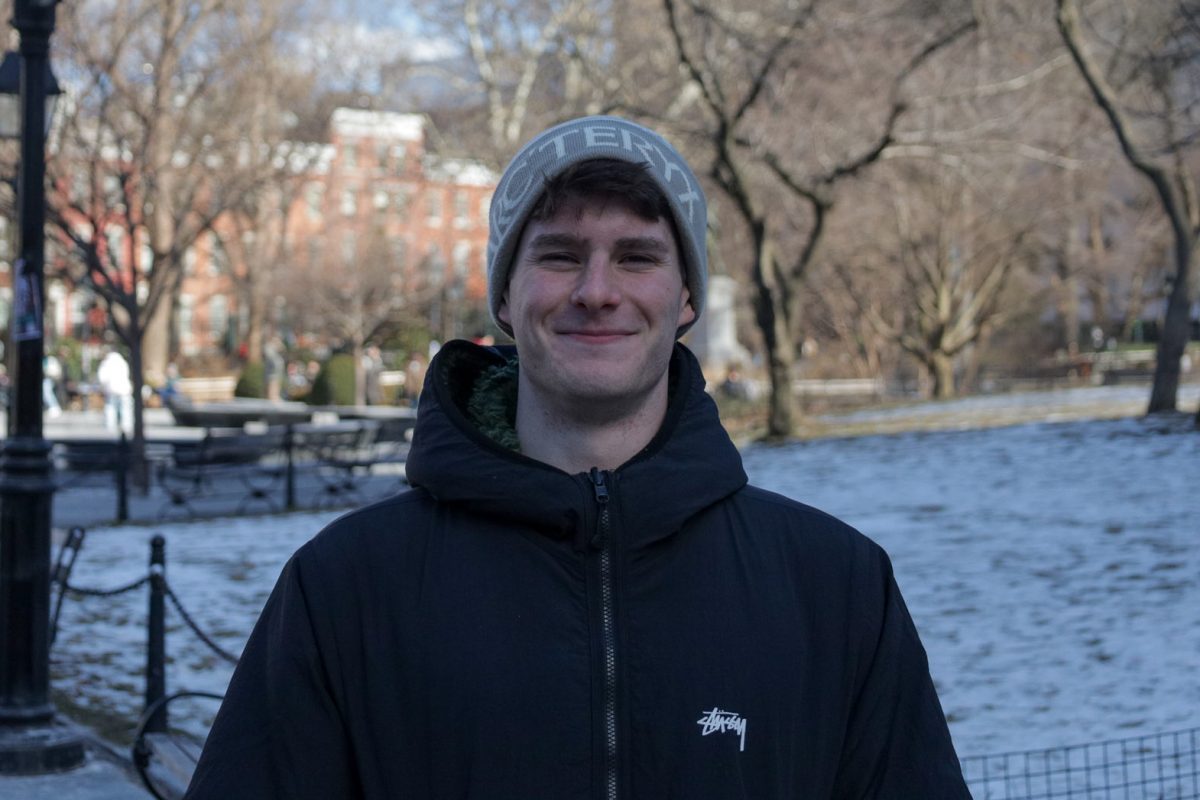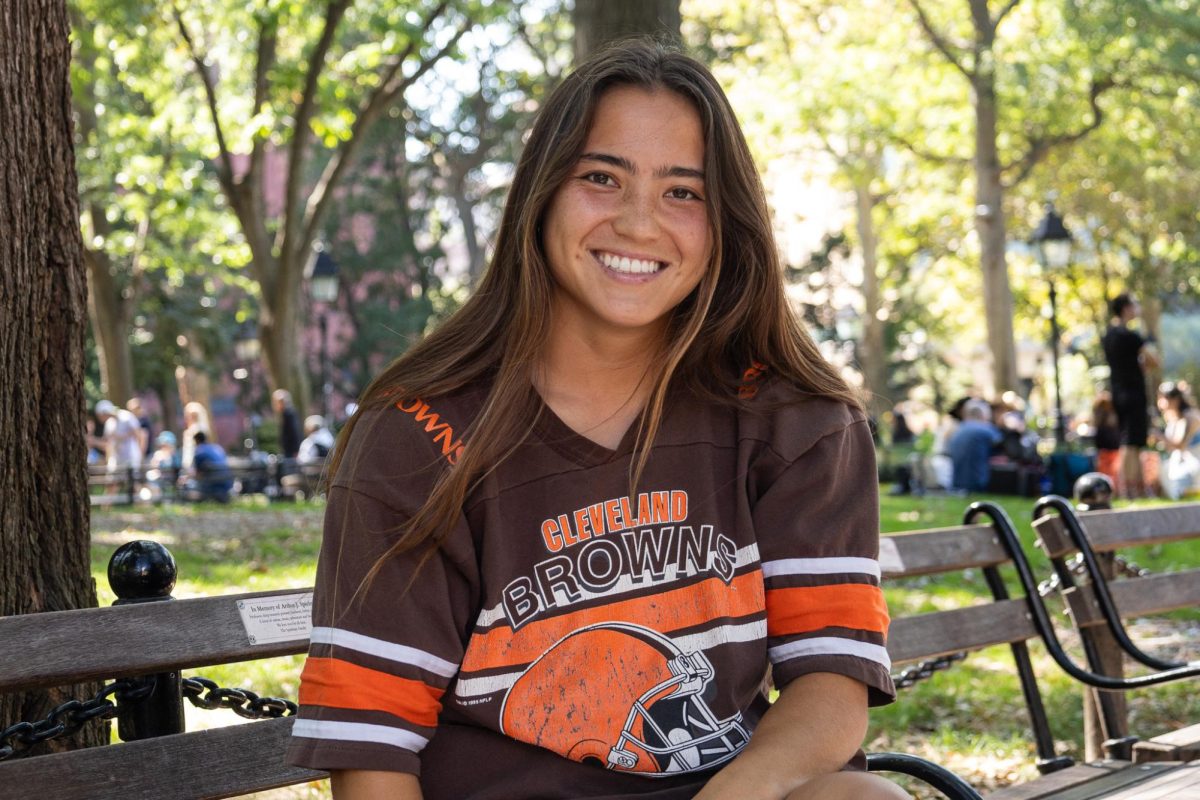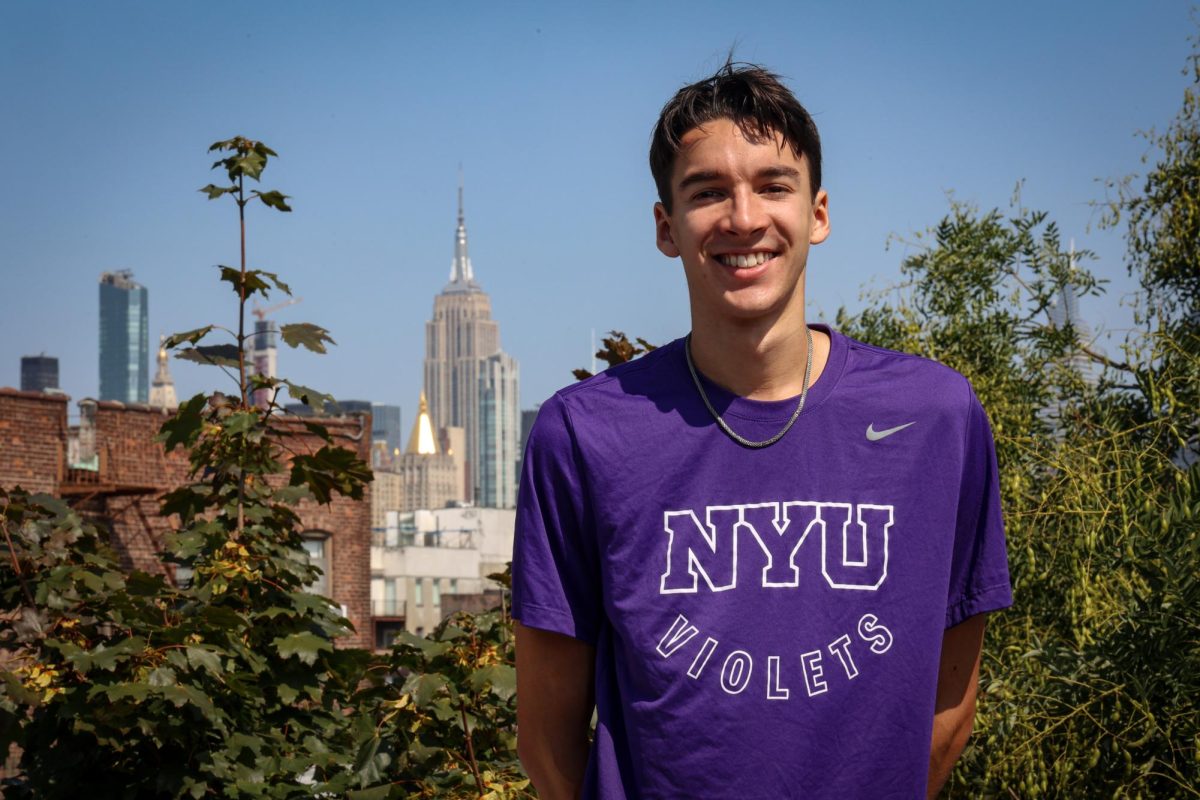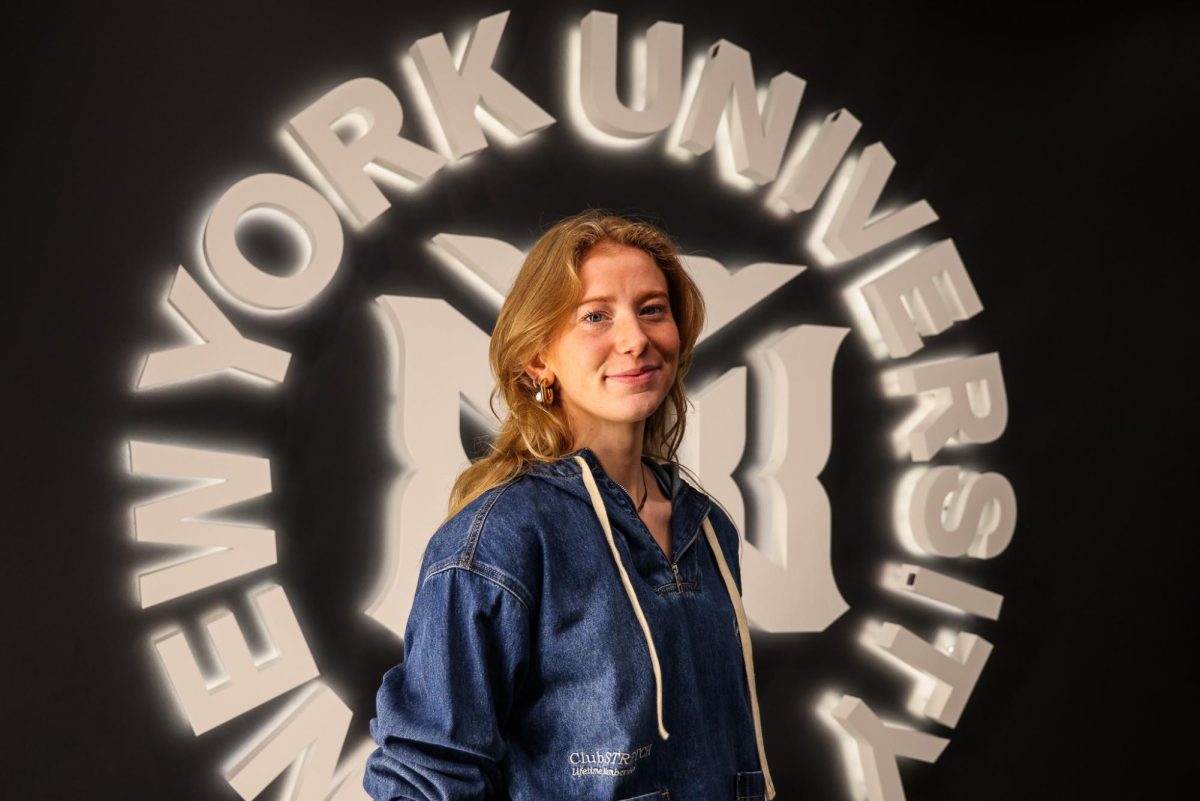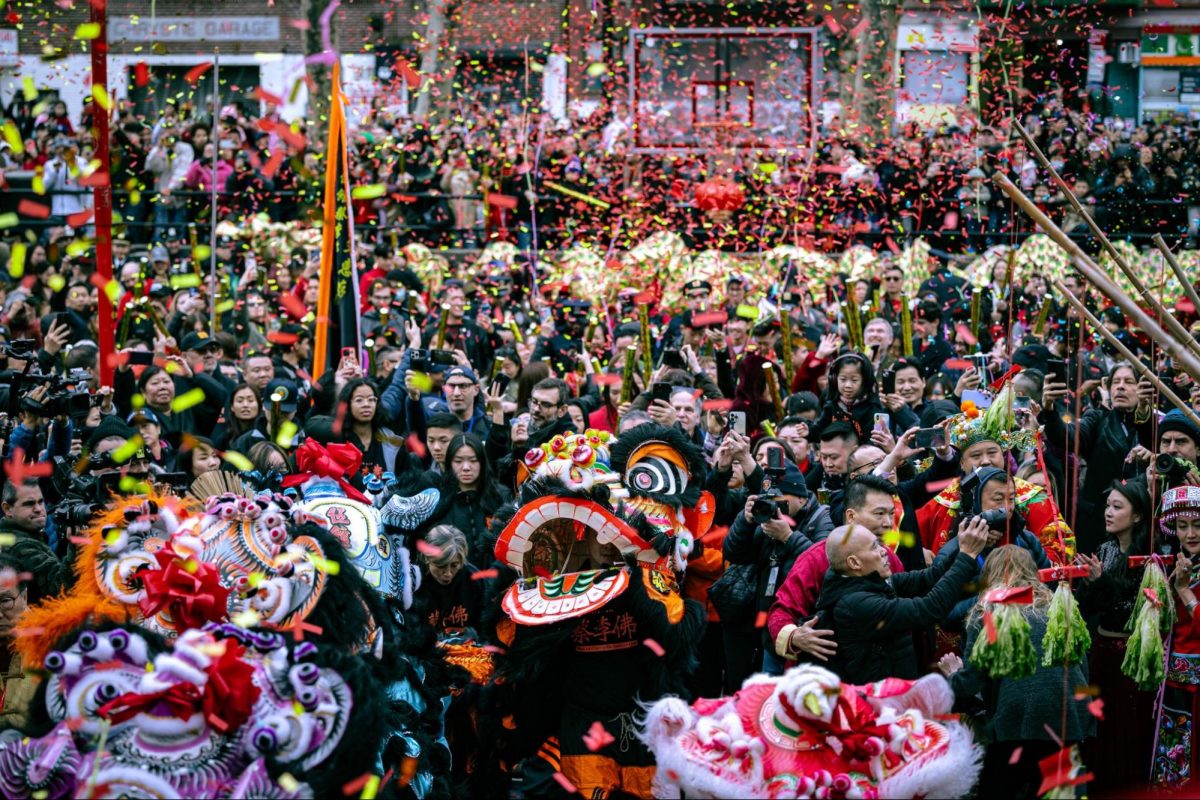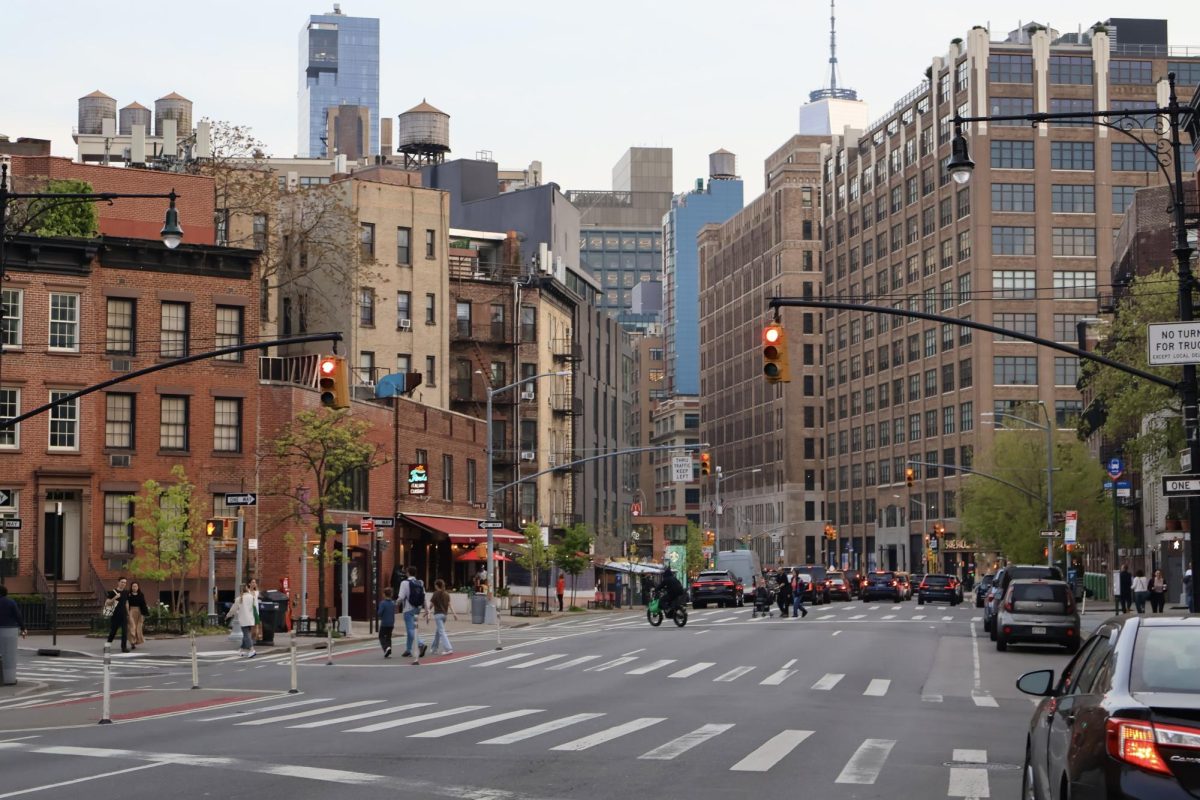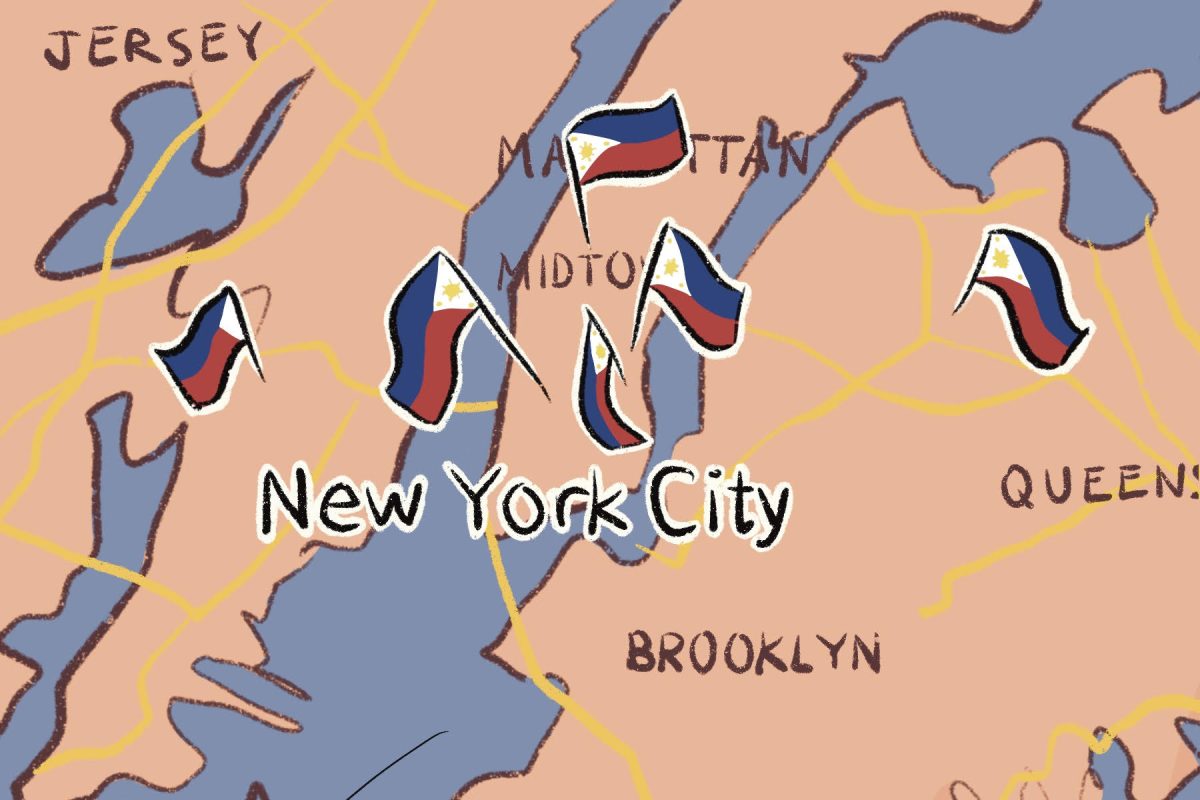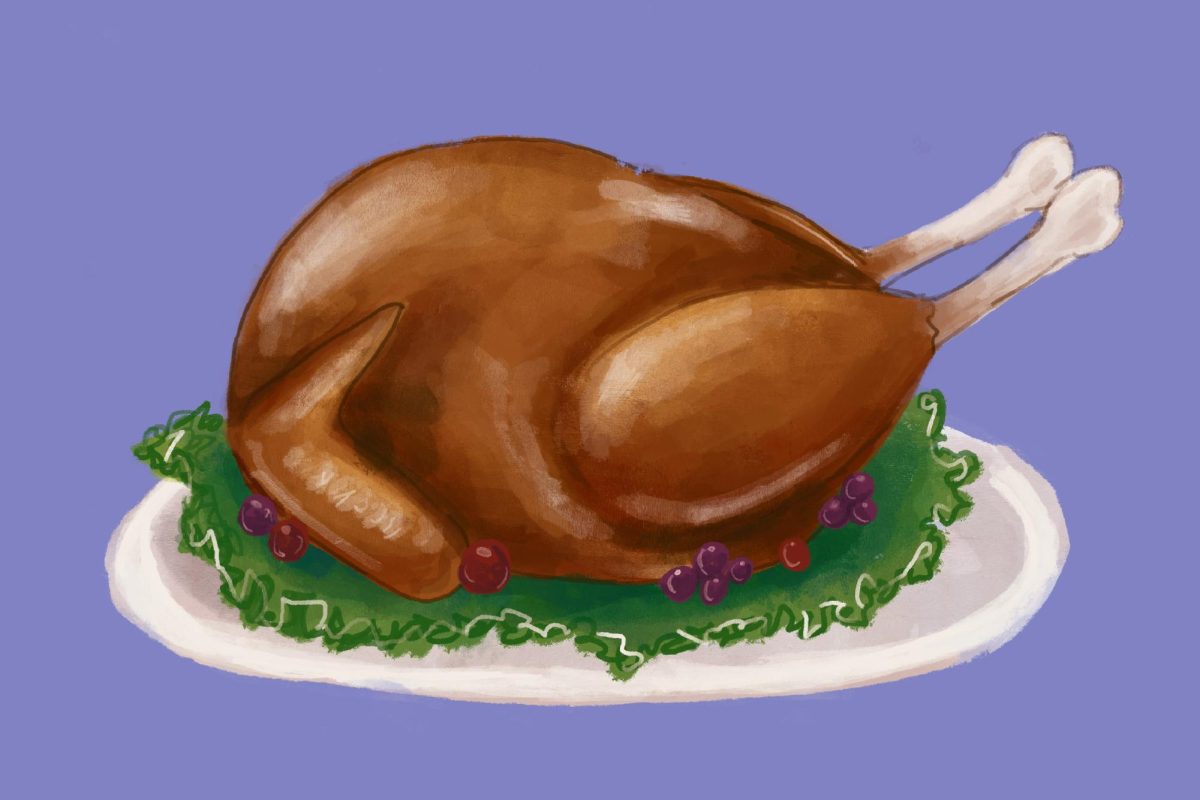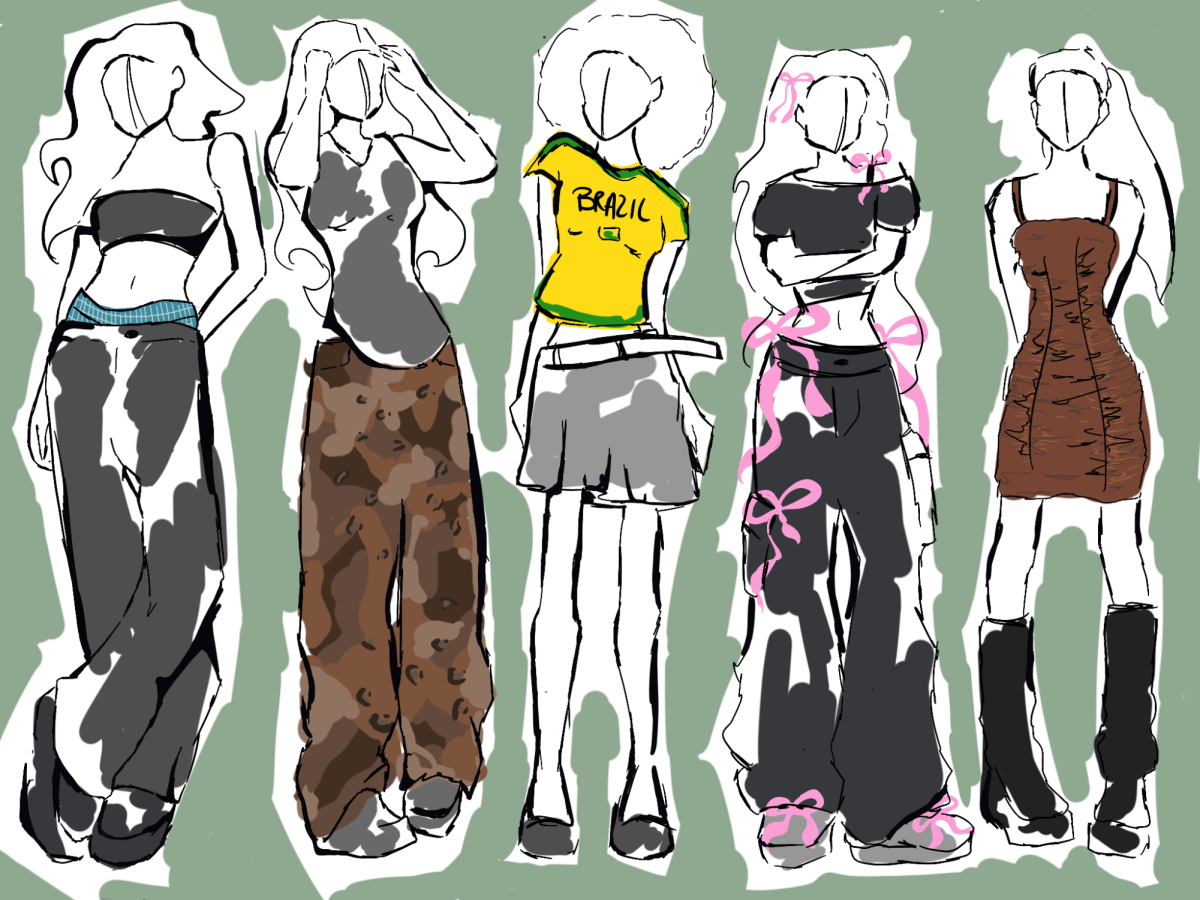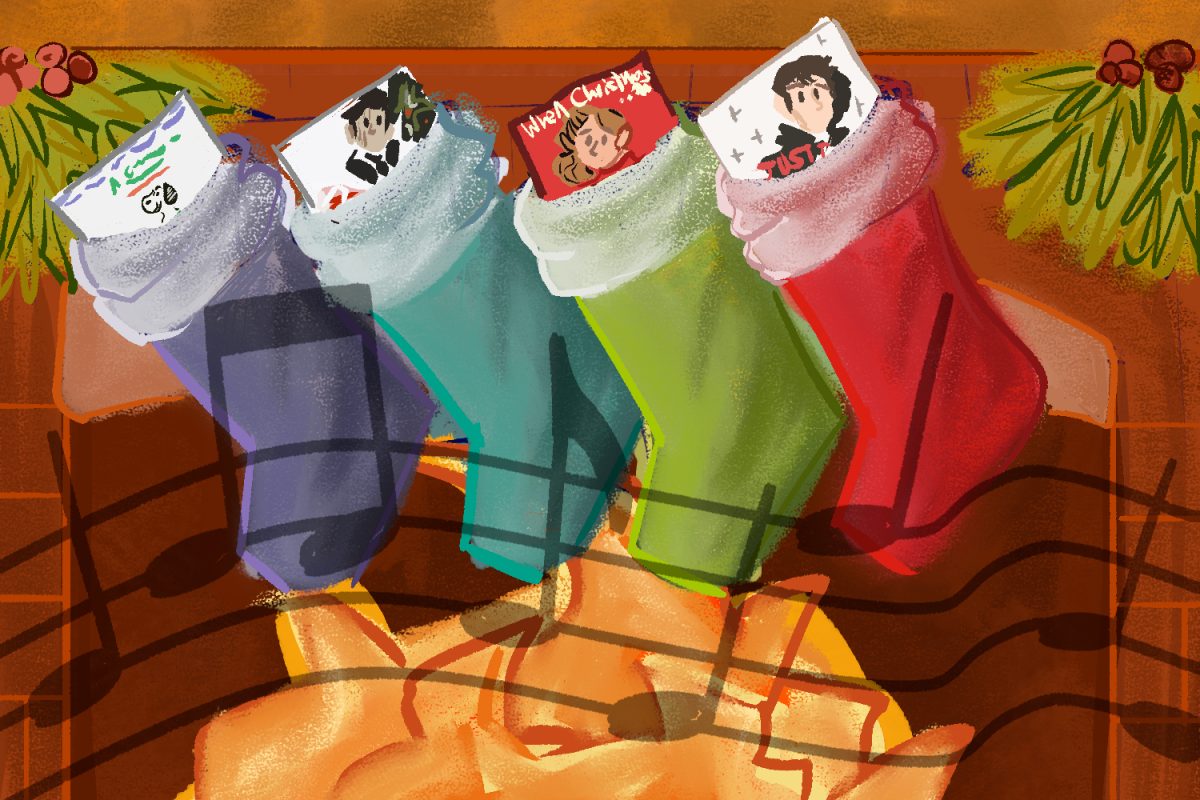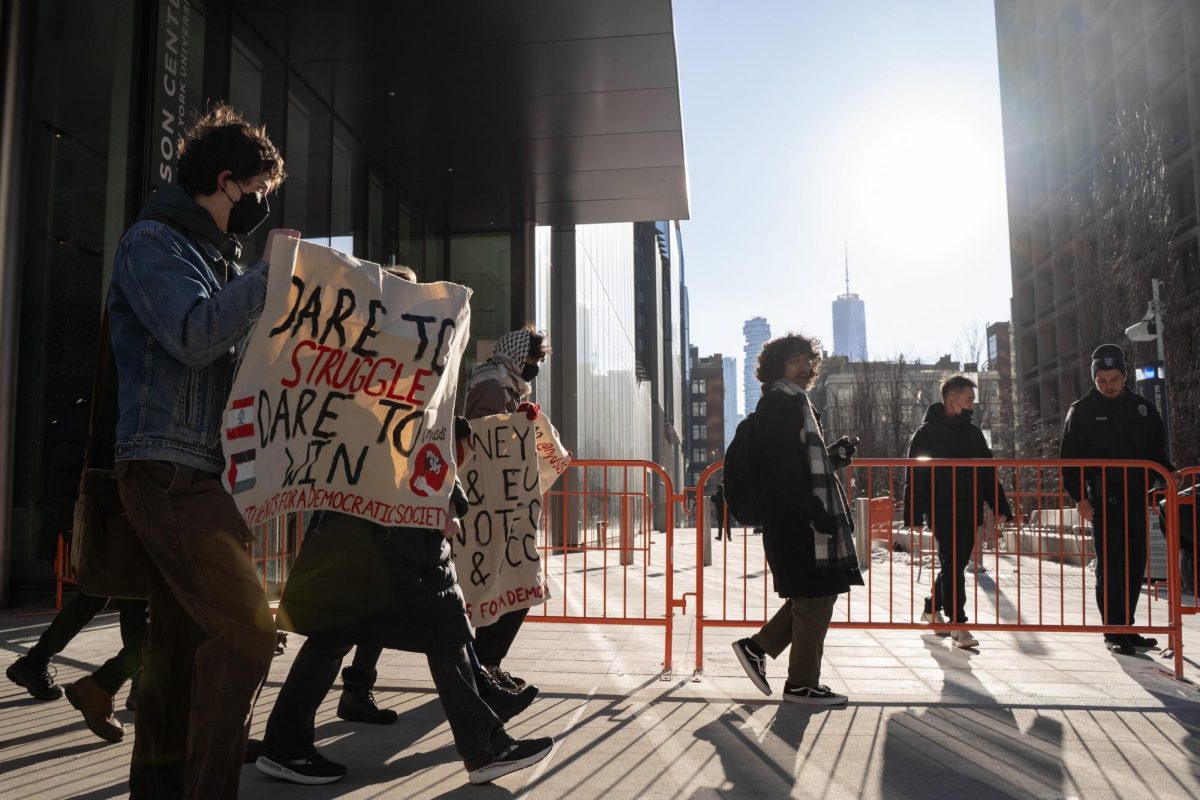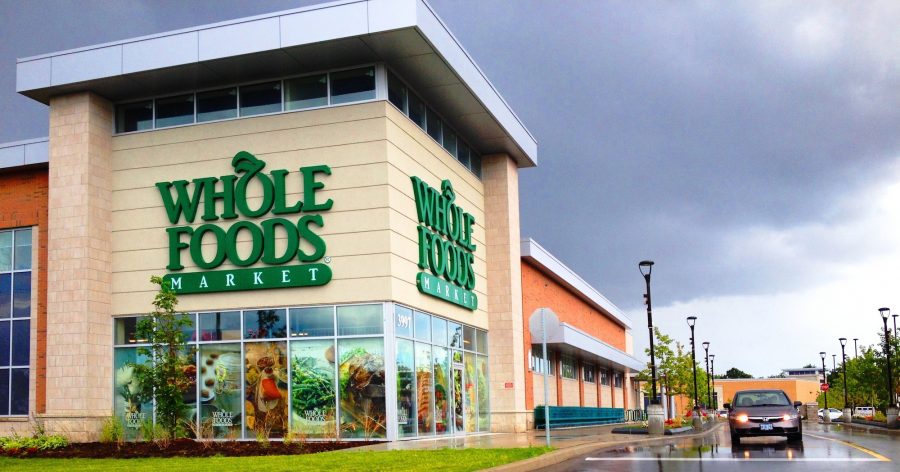How Affluence Affects What Stores Carry Organics
Many stores like Whole Foods are flooded into affluent neighborhoods, but remain hard to reach in minority demographics.
April 25, 2016
Each of the hundreds of grocery stores around Manhattan specializes in something unique with its food. But what makes stores like Whole Foods lined with shelves of organic products, while some local grocery stores seem to carry mostly processed food? A study published in the March edition Journal of Food Products Marketing by Steinhardt professor Carolyn Dimitri analyzed the factors that determine whether or not a store carries organic food.
Dimitri is unique in her writing, as most previous studies only focused on who buys organic foods. She cited that education is the most significant factor on whether or not a person buys organic food.
Though education is strongly linked with affluence, previous articles on this topic have found that the correlation between education and purchasing organic food held true even when controlling for affluence. These same studies showed that minorities, including Latinos and African-Americans, are less likely to buy organic food, according to Dimitri.
However, the earlier literature did not explain why there were disparities in consumption of organic groceries. Dimitri wondered if purchasing organic groceries was because of these factors, or due to the lack of accessibility to this organic option in stores.
“Manhattan’s density makes its retailing landscape odd in comparison to other places,” Dimitri said. “The stores are small and shelf space comes at a premium price. As a result, much more careful thought is put into deciding what to carry. As each store weighs the cost of carrying organic produce, the two factors that appeared to drive their choice were store size and the neighborhood in which the store located.”
Grocery store chains, such as Whole Foods, that carry organic food are known to pick neighborhoods to build stores in base of the neighborhood’s education level, according to the study. Areas such as the Upper West Side have plenty of high-end store vying to build in
the area.
Dakota Deddy, a sophomore in Tisch, finds that shopping for organic food is seamless.
“I live on the Upper West Side and finding organic food is extremely easy,” Deddy said. “I have a Westside Market, a Fairway and Trader Joe’s all within four blocks of me.”
Dimitri’s findings show a resulting heavy concentration of grocery stores carrying organics within affluent areas, particularly in the Upper West and Upper East Sides.
Larger stores, such as the Whole Foods by Union Square, were far more likely to carry organic produce. These larger stores do not face space shortages to the severity of their smaller counterparts, according to the study. Thus they were able to carry both organic and conventional food.
However, the size of the store did not always overwhelm the effect of the store’s location.
Central Harlem has large supermarkets such as Key Food, Fine Fare and Dollar Tree but finding organic groceries nearby is still difficult and expensive. Large stores common to less affluent area such as C-town, Associated and Key Foods were not found to carry organic foods.
In general, a variety of factors contribute to determining whether or not a store carries organic food and how much it offers. The size of the store and the neighborhood in which it is located almost always directly correlates to whether or not it will carry organic food. So if you’re aiming to shop at stores that carries a majority of organic food, aim to go to a large store in one the city’s
affluent neighborhoods.
A version of this article appeared in the April 25 print edition. Email Shiva Darshan at [email protected].

